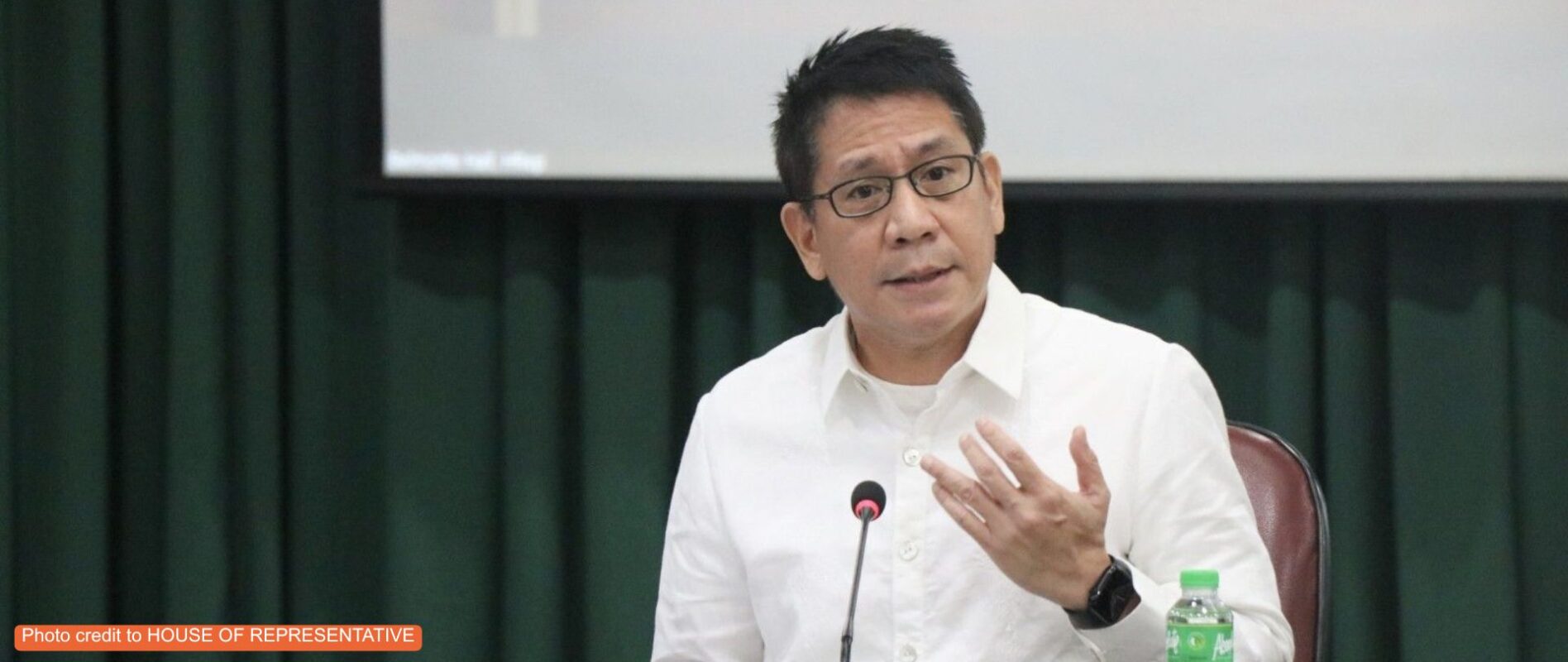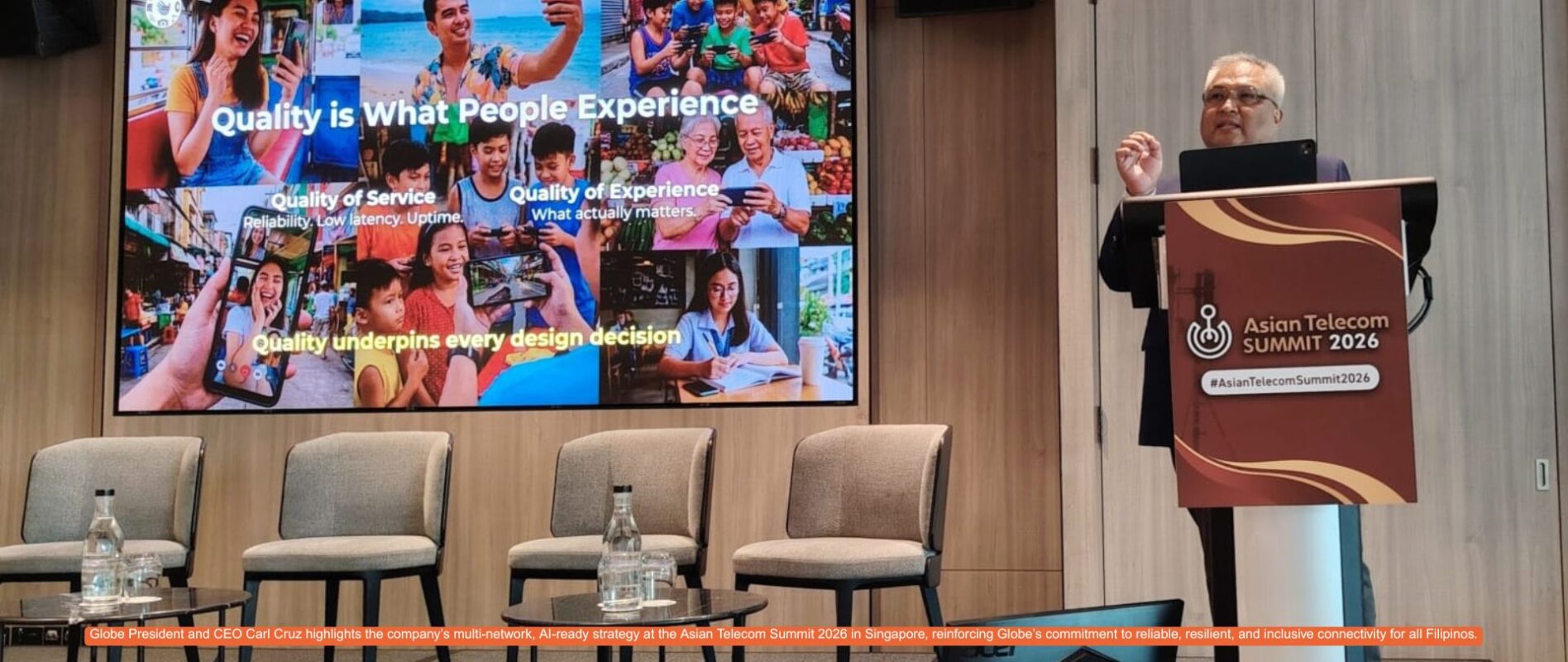PBED URGES COLLABORATION FOR YOUTH EMPLOYMENT ENHANCMENT THROUGH SKILLS TRAINING
ADVOCACY group Philippine Business for Education urged the private sector and local stakeholders to provide and support skills training to boost youth employment in the country.
“The Philippines is at a demographic transition favorable for economic growth. However, reaping the economic dividends of a young workforce from this period is not automatic–it entails investments in education and training of the youth for us to maximize this opportunity,” PBEd Executive Director Justine Raagas said.
PBEd saw in its implementation of various workforce development programs for the youth that collaborative efforts among the government, industry, and academia are the key to forging a seamless school-to-work transition for youth.
“Currently, our graduates find it hard to land jobs, and despite this growing pool of jobseekers, industries are not able to fill the vacancies because of the skills gap and shortage. We need to create linkages to fill these gaps. There must be greater government-industry-academe collaboration to provide clear pathways and increase awareness on work options for youth, especially out-of-school youth,” Raagas said
To encourage private sector involvement in youth training and employment, PBEd is implementing the YouthWorks PH program in partnership with the United States Agency for International Development. Since 2018, the program has already provided over 16,000 work-based training opportunities to unemployed, out-of-school youth. Over 1,800 youth have since graduated from the program, where 76 percent have been absorbed right after training.
“We can only sustain these gains through the combined efforts of all sectors. This is also where local governments play a crucial role in youth and workforce development. We count on them to help us reach more youth and provide them the wraparound support they need to complete training, such as transportation and necessary learning facilities and resources,” Raagas said.
To further scale these initiatives, PBEd backs Senate Bill No. 2587 or the Enterprise-Based Education and Training Framework Act, which aims to bridge the gap between the rapidly evolving needs of industries and the requisite skills of employees.
Under the proposed measure, the EBET Framework Act will “strengthen, rationalize, and harmonize programs, such as apprenticeship, learnership, and the dual training system, under an EBET framework, which shall be competency-based and industry-driven, and with due regard to the rights and occupational safety and health of trainees, through the active participation of employers, trainees, technical-vocational institutions, and the government.”
“We hope to inspire more Filipino youth to join us and more industries to assist in supporting and training our future leaders. We need to start a culture of youth empowerment through skills training and employment, and that can happen if we can institutionalize work-based training through the EBET Act,” Raagas said.














